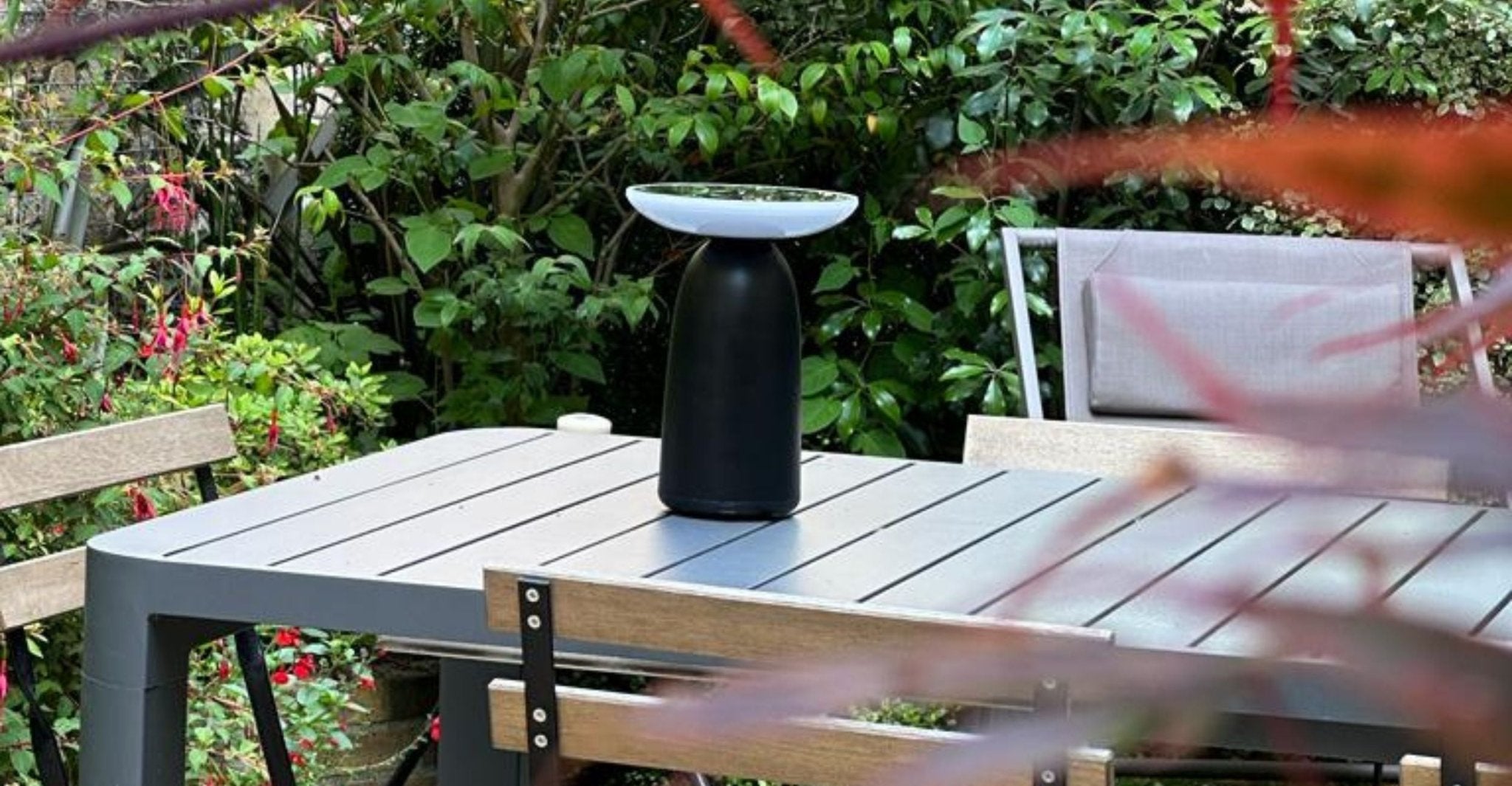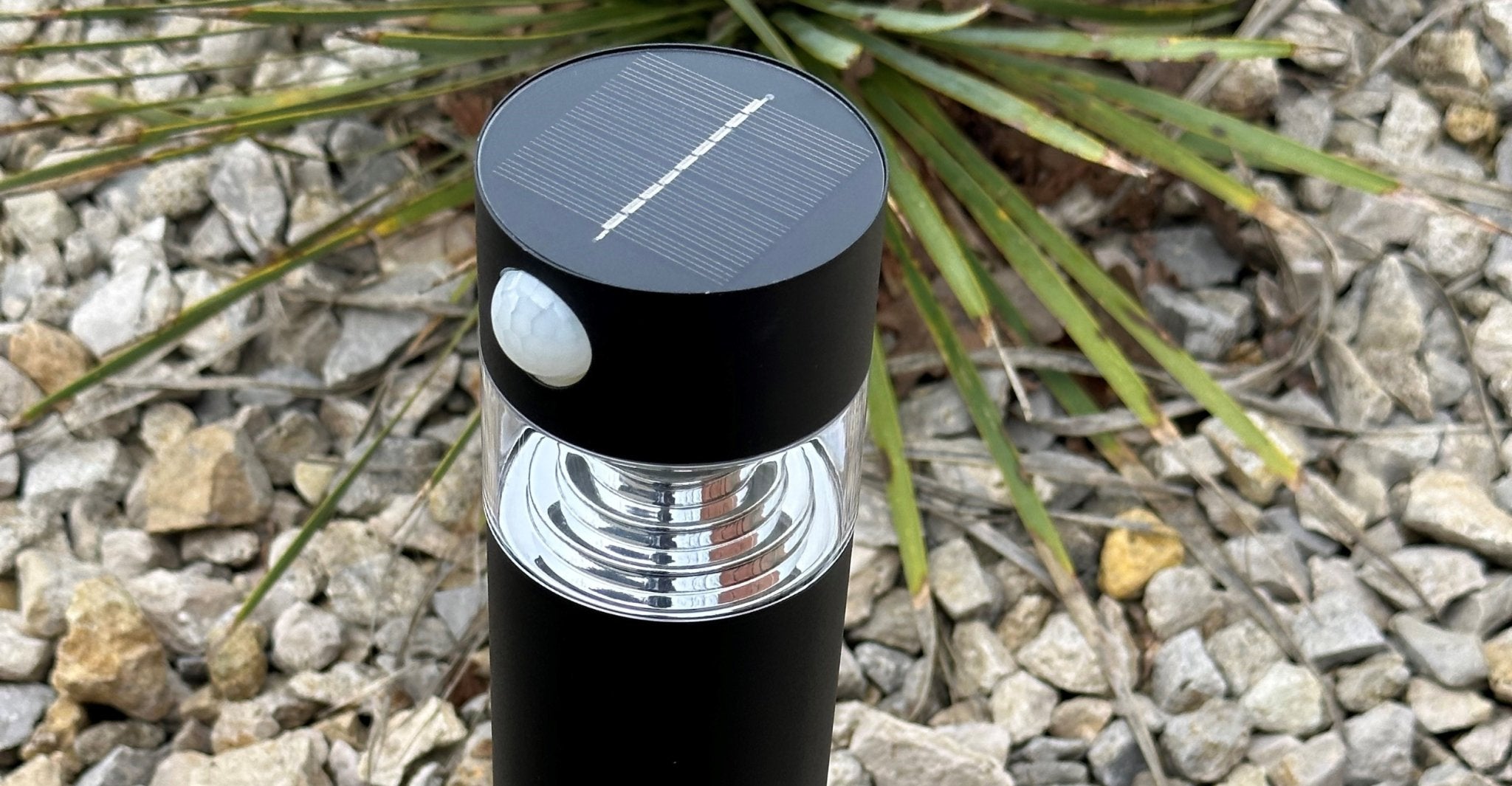Solar lamps are an ecological and economical solution for outdoor lighting, but many people legitimately wonder about their effectiveness during the winter season. This question is particularly pertinent given the crucial importance of outdoor lighting during the winter months, when days are shorter and weather conditions are often changeable and cold.
The importance of solar lamps during the winter season is well worth emphasizing. As well as contributing to safety by illuminating driveways and entrances, a good solar lamp creates a warm, welcoming atmosphere, enhancing the comfort and aesthetics of our outdoor spaces, even in cold weather. We'll explain how the right solar lamp can improve visibility and safety around the home, while highlighting its impact on general well-being.
The main aim of this article is to demystify the use of solar lamps during the winter season. Solar lamps are often perceived as being dependent on the sun, which raises questions about their performance when days are shorter and cloudy. We'll be providing in-depth information on how solar lights work in winter, addressing potential challenges and offering practical advice on how to maximize their effectiveness.
This article aims to inform you about the use of solar lamps all year round and in all seasons, encouraging the adoption of solar lamps.
How do lumihome solar lights work?
A few basics to know about solar lamps :
To fully understand the effectiveness of solar lamps in winter, it's crucial to understand how they work. Solar lamps are equipped with photovoltaic panels that capture sunlight and convert it into electricity. This electricity is then stored in rechargeable batteries built into the lamp. When night falls or conditions require lighting, solar lamps automatically activate, using the stored energy to produce light. It's important to note that even in winter, when exposure to the sun is reduced, solar lamps can take advantage of ambient light to charge their batteries for operation.
Place solar lamps where they will catch the sun more easily:
Sunlight is important for battery charging, and necessary to make readers aware of the need for adequate exposure even in winter. Although the days are shorter, diffuse sunlight remains a valuable resource for maintaining battery charge. We should point out that even on cloudy days, photovoltaic panels can capture enough light to power solar lamps. It is therefore advisable to position solar lamps correctly to maximize their exposure to sunlight and ensure optimal operation during the winter season.
The operation of solar lamps is not affected by winter weather:
Winter weather conditions on solar lamps:
Winter conditions, characterized by shorter days, frequent clouds and lower temperatures, can affect the performance of solar lamps. Lumihome guarantees that these meteorological factors will have no impact on your solar lamps, and that they will always operate normally.
Technological adaptations for optimum winter performance:
There are a number of technological adaptations that have been incorporated into solar lamps to ensure optimum performance in winter. These can include more efficient photovoltaic panels, high-capacity batteries capable of storing more energy, and intelligent sensors capable of automatically adjusting lighting according to weather conditions. What's more, our solar lights are made from high-quality, durable materials to increase the life of our Lumihome solar lights.
A few tips on how to use your solar lights in winter:
To help you get the most out of your Lumihome solar lamps, we've got a few tips to help you get the most out of solar energy in winter.
Place solar lamps in strategic locations:
We recommend positioning lamps in open areas where they can receive maximum light, even during the winter months when the sun is less present. We insist on the orientation of solar panels and the avoidance of shady areas, while encouraging a layout that maximizes the efficiency of the solar energy in your solar lamps.
Take good care of your solar lamps to increase their durability:
Regular maintenance is essential to ensure that solar lamps work properly in winter.
- Cleaning photovoltaic panels
- Checking battery condition
This may include periodic cleaning of photovoltaic panels to remove dust, snow or ice that could accumulate and reduce efficiency. We also encourage users to check the condition of batteries and replace any that show signs of weakness. We stress the need to follow the manufacturer's maintenance recommendations to ensure optimum performance all year round.
Opt for solar lamps in winter weather
In this article on using solar lamps in winter, several key points were highlighted. We've looked at the basic operation of solar lamps, technological adaptations for optimum winter performance, and practical tips for maximizing their effectiveness in harsh weather conditions. Understanding these aspects is essential for getting the most out of your solar lamps during the winter season.
Despite the potential challenges, it's important to encourage the judicious use of solar lamps in winter. Readers should be encouraged to consider solar lamps as a sustainable option for their outdoor lighting, with a clear understanding of the adjustments needed during the winter season.
In summary, although solar lamps have limitations in winter, judicious adjustments and appropriate choices can maximize their efficiency. For consistent performance in more difficult conditions, alternatives can also be considered according to the user's specific needs.
Lumihome solar lights combine durability, aesthetics and functionality all year round and in a variety of weather conditions. For more information on our solar lamps, please see our articles.




























